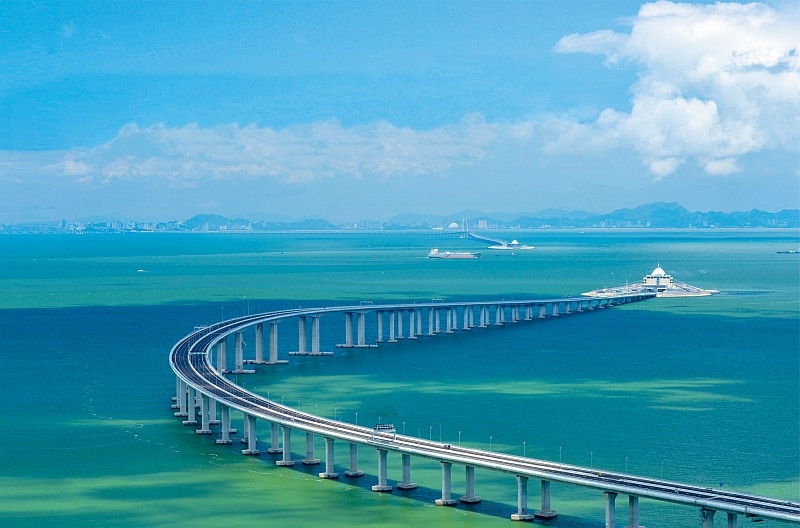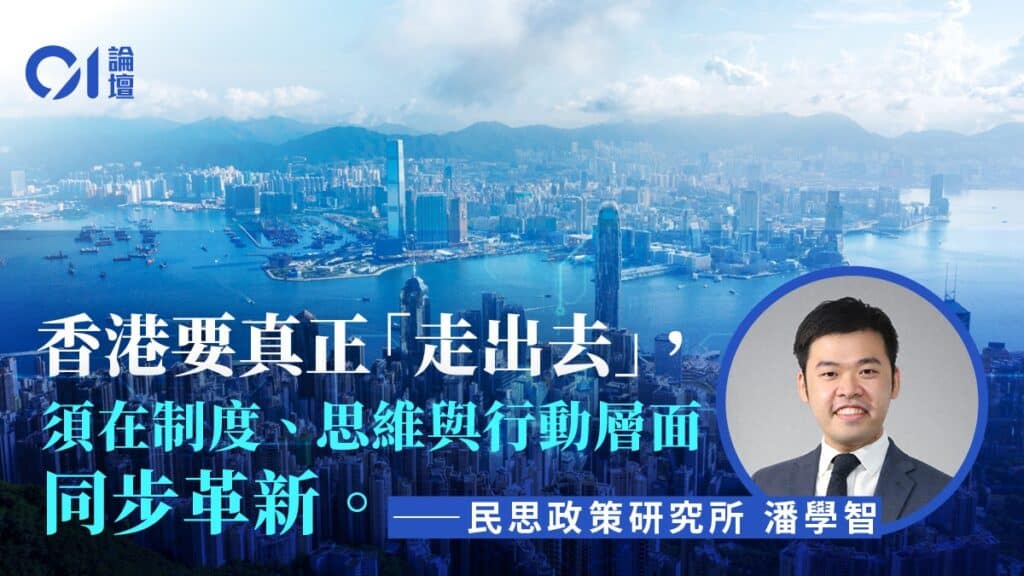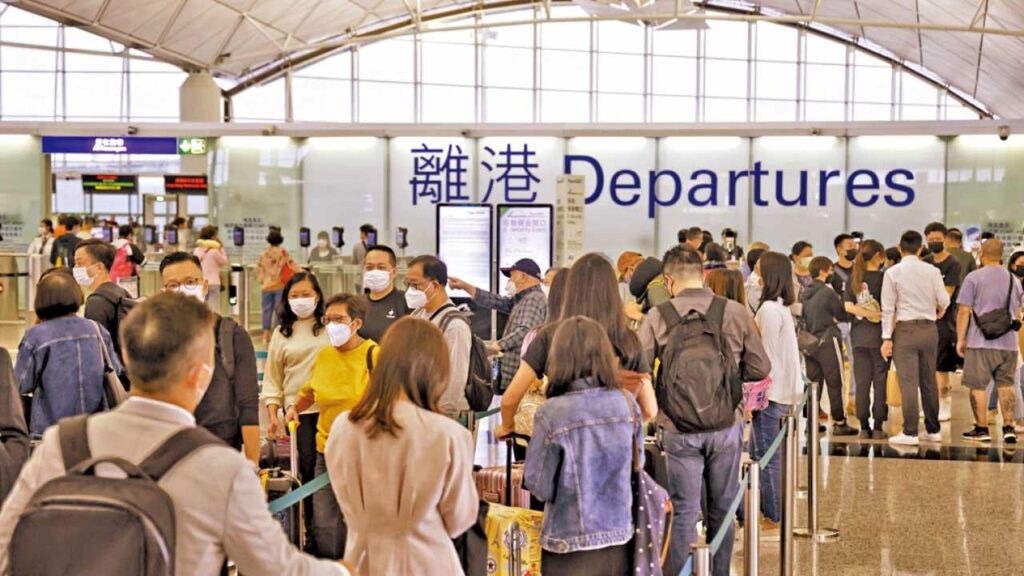Hong Kong experienced a difficult year in 2019. Social events brought a heavy atmosphere. The global economy was constrained by Sino-US relations, and the Hong Kong issue was regarded as a bargaining chip in the international game. For the whole year, GDP shrank by 1.2%, marking the first annual decline since 2009 and falling into a technical recession. In a series of incidents caused by the revision of the Fugitive Offenders Ordinance, nearly 7,000 people were arrested, and the social situation is of concern. The United States took the opportunity to pass the Hong Kong Human Rights and Democracy Act, believing that Hong Kong will be caught between the disputes between China and the United States for a long time. To cope with the multiple challenges of social problems, economic downturn and competition between major powers, we need to make good arrangements in the future to get out of the predicament.
Reverse economic weakness and improve social atmosphere
The Sino-US trade friction has heated up again, and global manufacturing and trade activities have slowed down simultaneously, exacerbating the decline in Hong Kong's overall merchandise trade. The total exports of goods and imports of goods fell by 4.7% and 7.4% respectively. The storm over the legislative amendments has had a huge impact on the local economy, severely damaging the tourism industry and related consumption, resulting in a sharp deterioration in service exports, which fell by 10.4% year-on-year. Private consumption expenditure also fell year-on-year for the first time in more than ten years, with a decrease of 1.1%. According to the Hong Kong Census and Statistics Department's economic outlook survey on various industries, in the four quarters of the year, more managers expected business conditions to worsen, reflecting a very pessimistic business climate. Fortunately, during the amendment period, although some foreign chambers of commerce were worried about the impact on investor confidence, the number of overseas companies in Hong Kong still increased slightly by 3.3% to 9,040, showing Hong Kong's inherent business advantages in the uncertain international landscape. Still attractive.
Housing and land policies have become the focus of the Hong Kong government to improve social atmosphere and support those in need. Low-income people who are waiting for public housing and living in poor living conditions are expected to receive a regular cash subsidy scheme. The 90% mortgage loan price limit for first-time homebuyers has been relaxed and raised from HK$4 million to HK$8 million. The Government has decided to use the Land Resumption Ordinance to resume three types of private land, including brownfield sites, vacant high-density residential land and squatter areas in the New Territories, for development of public housing and "Hong Kong people's first home ownership". The "Land Sharing Pilot Scheme" was launched to develop agricultural land in the New Territories on a public-private partnership basis. Government land will implement a multi-layered development model of "one site for multiple uses" to make the best use of all resources.
Cooperation at home and abroadExploiting growth opportunities
There has been a lot of progress in economic cooperation between Hong Kong and the Mainland, opening up growth opportunities. Since the State Council issued the "Outline Development Plan for the Guangdong-Hong Kong-Macao Greater Bay Area" at the beginning of the year, cities in the Greater Bay Area have gradually implemented "Hong Kong residents and Hong Kong tax" concessions, and public institutions have openly recruited Hong Kong and Macao residents, expanding mutual recognition of qualifications and broadening the scope of practice for professionals. restrictions, exempting residence, tax payment and social security conditions for home purchases, promoting cross-border electronic payments, and ensuring that children of Hong Kong and Macao residents receive local education and many other convenient measures. In the process of supporting Shenzhen in building a "Pioneer Demonstration Zone of Socialism with Chinese Characteristics", Shenzhen will promote mutual recognition of financial products and point the way for the interconnection of public and private equity funds and insurance products.
To create the most favorable business and investment environment, Hong Kong continues to strengthen economic and trade relations with its external trading partners. The Hong Kong Economic and Trade Office in Bangkok has begun operations and is the third office established by Hong Kong in the ASEAN region. During his visit to Thailand, the Chief Executive also signed a memorandum of understanding with the Thai government to strengthen economic relations between the two countries, covering a wide range of cooperation areas. Hong Kong has signed a "Free Trade Agreement" and an "Investment Agreement" with Australia, signed an "Investment Promotion and Protection Agreement" with the United Arab Emirates, and signed comprehensive double taxation avoidance agreements with Cambodia and Estonia respectively to encourage the business community to do business and business in relevant areas. invest. Invest Hong Kong also signed a memorandum of understanding on investment promotion cooperation with the Qatar Financial Center Authority to attract foreign direct investment from each other.
There are uncertainties in Sino-US trade relations. As an export-oriented economy, Hong Kong cannot survive the friction, and social instability cannot be easily eliminated in the short term. Amidst the gloomy atmosphere, the United Nations' Global Happiness Report is not surprising. Hong Kong fell down the stairs to 78th. Although it is slightly higher than the low point a few years ago, it is still at the bottom among major Asian regions. . Hong Kong is suffering from internal and external challenges. Only by uniting can we withstand the severe test of the economic downturn and find a way out of the sluggish livelihood of the people.
Du Julan Co-Director of Shanghai-Hong Kong Development Joint Research Institute
Pan Xuezhi, associate researcher, Shanghai-Hong Kong Development Research Institute



